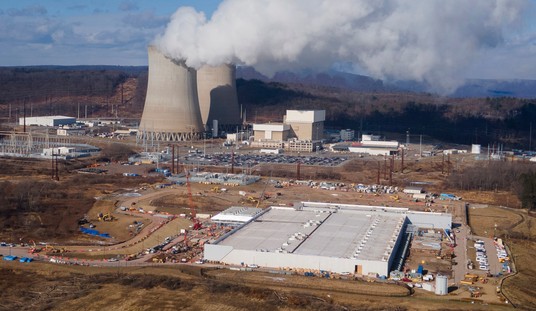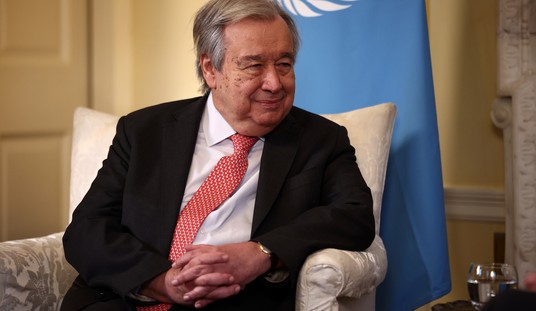Which alternate realities would this be? Where ObamaCare saved middle-class families $2500 a year and they kept the doctors and insurance plans they liked? The man who brilliantly transformed the use of social media in politics — in ways which both his allies and opponents still haven’t fully mastered — warned that its use will lead to a Balkanization of perspectives and greater conflict unless leaders can find a way to establish a shared common ground. But the more remarkable aspect of Prince Harry’s interview of Barack Obama might be the fact that it took place at all:
Mr Obama was quizzed by Prince Harry on BBC Radio 4’s Today programme.
The former president expressed concern about a future where facts are discarded and people only read and listen to things that reinforce their own views.
“One of the dangers of the internet is that people can have entirely different realities. They can be cocooned in information that reinforces their current biases.
“The question has to do with how do we harness this technology in a way that allows a multiplicity of voices, allows a diversity of views, but doesn’t lead to a Balkanisation of society and allows ways of finding common ground,” he said.
That’s not a terribly original observation, of course. The concern is certainly valid, but the dynamic has come up in every election cycle since social media emerged, and even before then. During the Clinton administration, e-mail rather than social media was the platform for such reality-stovepiping. Friends would send around insane conspiracy theories by chain e-mail and big distro lists (both in support of and opposed to the Clintons), and the lack of significant access to data on the Internet would allow those to fester — perhaps a bit more quietly than in the social-media era, but no less potently.
The blame for this doesn’t belong to the platform; it belongs to the fringe conspiracy theorists and reality deniers who make up a small percentage of its users. The potential for “Balkanization” seems overblown, too. Most people can apply common sense to so-called “fake news” (often just bad opinions) and decode it for themselves. Only a small percentage of Americans are power-users of social media, and only a small percentage of those rely on it to form their perception of reality. That doesn’t mean that the risks aren’t real, but it also means that we should keep those risks in perspective, too. However, perhaps someone who didn’t sell his biggest agenda item on a series of false promises and half-truth evaluations might want to make this point.
Speaking of perspective, Obama offered an intriguing take on his approach to Donald Trump’s inauguration. Having seen his party repudiated at the polls, Obama says he mainly felt “serenity” watching his successor sworn into office:
He told the prince he felt “a sense of serenity” the day he left the White House, despite feeling much important work remained unfinished.
“I miss the work itself because it was fascinating,” Obama said of his eight years in the Oval Office, citing his health-care reforms as one of his proudest achievements.
But he said it was “hugely liberating” to be able to set his own agenda in the morning and to have the time to talk with his wife, Michelle Obama, now that he is no longer president.
“The sense that there was a completion in that we had done the work in a way that preserved our integrity and left us whole, and that we hadn’t fundamentally changed was a satisfying feeling. That was mixed with all the work that was still undone and concerns about how the country moves forward. But overall there was a serenity there more than I would have expected,” he said.
It’s an interesting interview, but mainly for its own dynamic. Prince Harry comes from the most enduring constitutional monarchy in the Western world, one which has had a well-earned and entirely rational aversion to the media. They also have a constitutional barrier to engaging in politics, although Harry’s father has routinely edged up to that line over the last few decades. Now the man who is presently fourth in line for the crown is now exploring a career in media by interviewing a political figure, a former world leader whose policies and actions still prompts sharp debate.
Furthermore, there’s something undeniably post-imperial about this particular dynamic. Prince Harry is interviewing the former leader of the free world from the perspective of someone who has very little claim to any role in Western leadership. There is even an amusing but odd “lightning round” of pop-culture questions in which Harry asks Obama, “Boxers or briefs?” (Obama declined to comment.) That may be accurate in practical terms, but it seems to run counter to the symbolic value of the royal family for the UK and Commonwealth nations. It’s a cute gimmick for the BBC, but given the need for the royal family to cling to tradition, it’s a strange choice for Harry, and an almost obsequious and unnecessary demonstration of the reality of American transcendence.







Join the conversation as a VIP Member